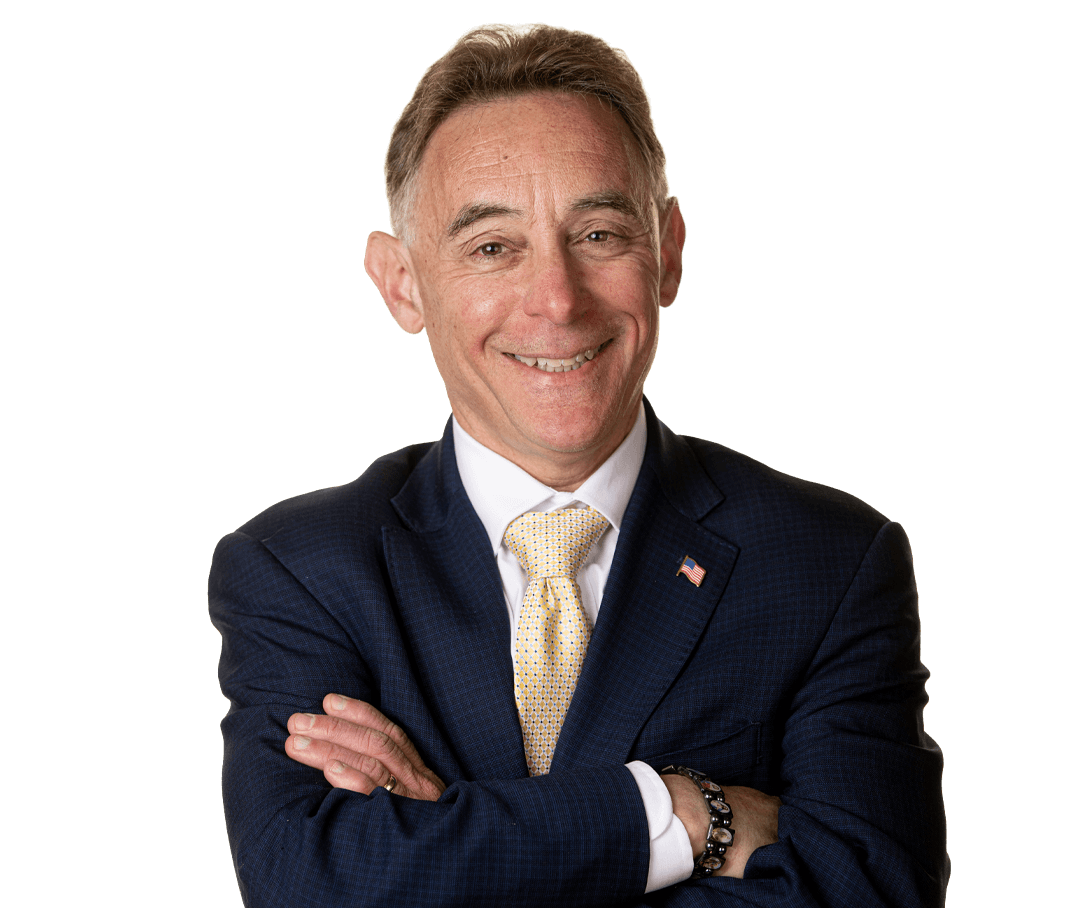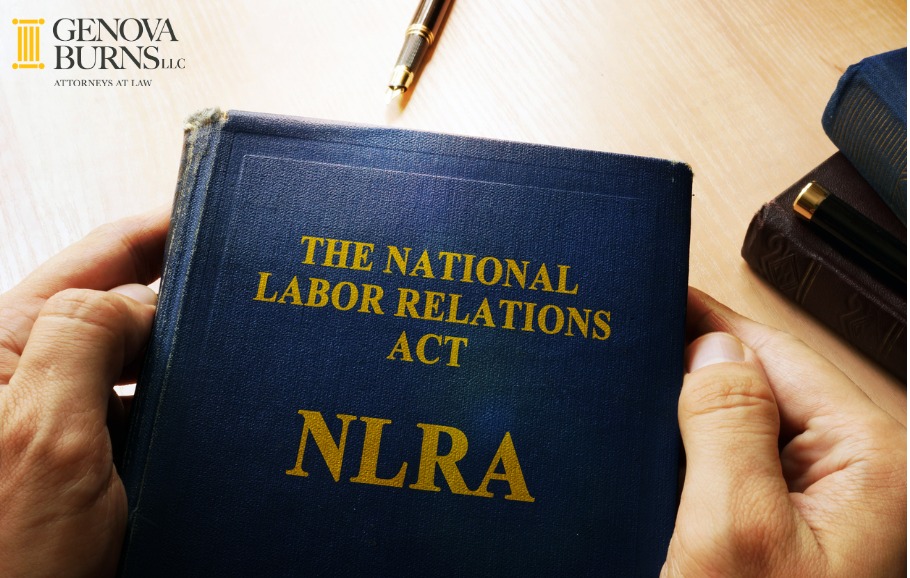Circuit Courts Split Over NLRB Remedy Authority
November 5, 2025 | By: Edward J. Bonett, Jr., Esq.
The scope of NLRB remedies for unfair labor practice violations has been disputed since December 2022, when the Board in a novel case called Thryv, Inc., expanded the definition of equitable remedy to include direct or foreseeable expenses related to job loss. The Board suggested that items such as medical expenses and credit card debt an employee incurs after unlawful job loss might be included in a financial award. Since then, the decision has spurred constitutional challenges to the Board’s enforcement authority – to what extent remedies may be ordered by an agency and not a court -- as well as direct appeals by the impacted parties. Now, the circuit courts are split on how far the Board’s remedial authority may extend.
In a Halloween decision involving a company called Hiran Management, the Fifth Circuit denied the NLRB's demand that the company compensate eight workers illegally fired for striking for the "direct or foreseeable pecuniary harm" they incurred. While the Board had not yet specified what additional costs might be charged to the company, the Fifth Circuit ruled that the order language improperly encompassed compensatory damages, rather than mere equitable damages. The Board had argued that foreseeable harm is equitable. This decision now puts the Fifth Circuit in the same column as the Third Circuit, which likewise denied the Board’s efforts at expanded remedies in a case involving Starbucks in December 2024. Contrast these decisions to a Ninth Circuit decision in October, which enforced Board remedial language involving locked out workers at a Macy’s Department Store.
The split centers around Section 10(c) of the NLRA, which authorizes the Board “to order violators to cease and desist from such unfair labor practices and take such affirmative action including reinstatement of employees with or without back pay.” An expansive reading would add related costs to backpay. Whether these extra items are equitable, within the Board’s realm, or legal damages, the province of courts, is crucial. The Fifth Circuit and Third Circuit would limit the Board to traditional remedies, whereas the Ninth Circuit would adopt the Thryv Board inclusion of consequential items such as uncovered medical expenses caused by job loss.
The Supreme Court may soon be tasked to settle the circuit split. The issue is urgent for pending cases in which expanded remedies were assessed. However, with the Board sidelined by lack of a quorum and the Acting General Counsel William Cowen signaling that he will not pursue expanded remedies, unless there is a proven causal link between financial loss and the unfair labor practice, the issue may not be of immediate concern for employers and unions not already facing charges. Nevertheless, given that a future Board and General Counsel may revive Thryv, expect the Supreme Court to weigh in.
Should you have any questions, please contact Partners Edward J. Bonett, Jr., Esq. at 908.546.6991 or via email here, Patrick W. McGovern, Esq. at 973.535.7129 or via email here, or any Partner in our firm’s Labor Law Practice Group.
Tags: Genova Burns LLC • Edward J. Bonett, Jr. • Employment Law & Litigation • Labor Law • NLRA • NLRB • Third Circuit • Supreme Court


